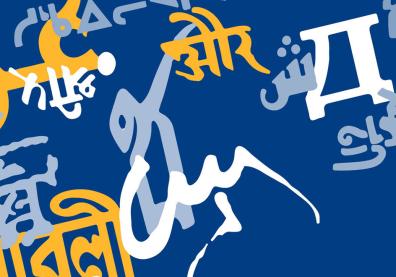Linguistic theories and data

Parts of speech in the Paicî language (Kanaky-New Caledonia)
by Antoine Corral, Master SDL, Inalco & Paris Sorbonne Nouvelle
Study of variation in Drehu (New Caledonia)
by Salé Ele-Hmaea, Master 2 SDL, Inalco
Drehu is a language spoken on the island of Lifou, one of the four Loyalty Islands of New Caledonia. It is one of the twenty-eight vernacular languages in the Caledonian repertoire. Drehu is also the most widely spoken Kanak language in New Caledonia, with around 16,000 speakers. In this presentation, we'll be looking at how today's native speakers speak and pronounce their language. The aim of our study is first to investigate phonetic changes in Drehu speakers, and the factors behind these changes. Subsequently, we will see a brief presentation of the methodology of the dialectal study of Drehu on and off the island of Lifou.
Nominalization in Vietnamese
by Ngoc Anh Nguyen, Master 2 SDL, Inalco
Nominalization is a very common phenomenon in all languages of the world. The aim of our research is to provide a detailed description of the nominalization phenomenon in the Vietnamese language by applying Tesnière's translation theory. The first part deals with general approaches to the phenomenon of nominalization, dividing it into two main categories: derivational nominalization and syntactic nominalization. In the second part of our work, we focus on the phenomenon of nominalization in the Vietnamese language. Different approaches are explored. Based on the specific characteristics of Vietnamese, we study this phenomenon from two main angles: marked nominalization and unmarked nominalization. Marked nominalization refers to Tesnière's theory of translation to identify nominalizers. As for unmarked nominalization, we have applied Danh Thanh Do-Hurinville's theory of transcategoriality to determine to which parts of speech the words belong.